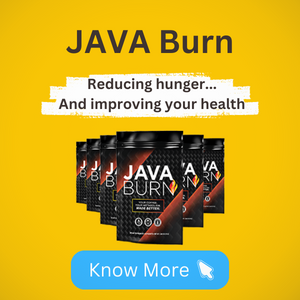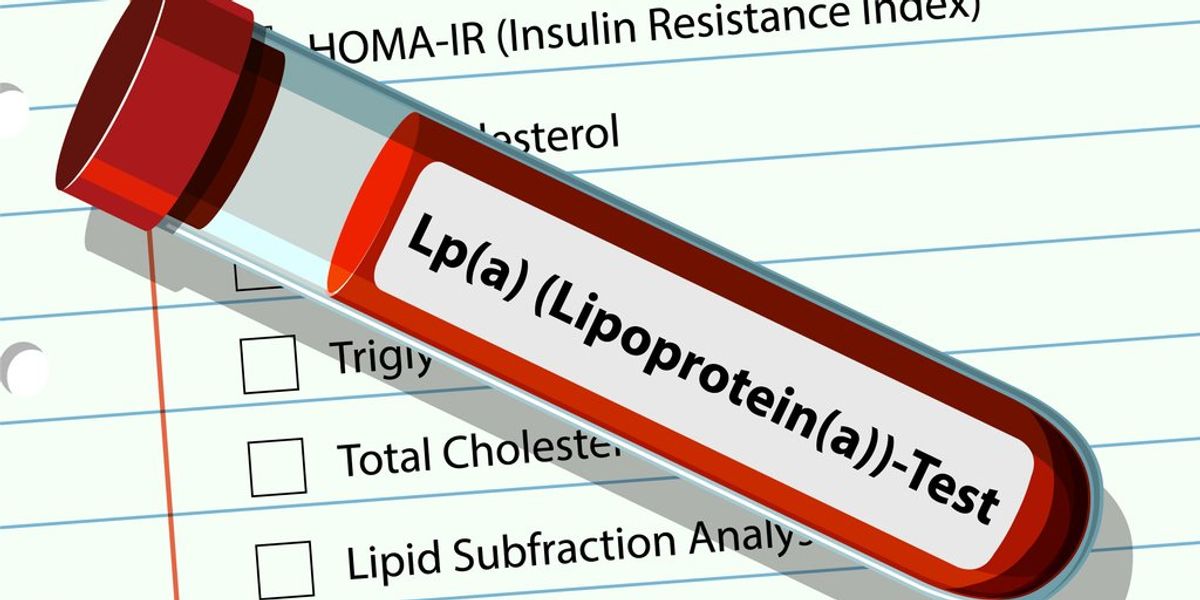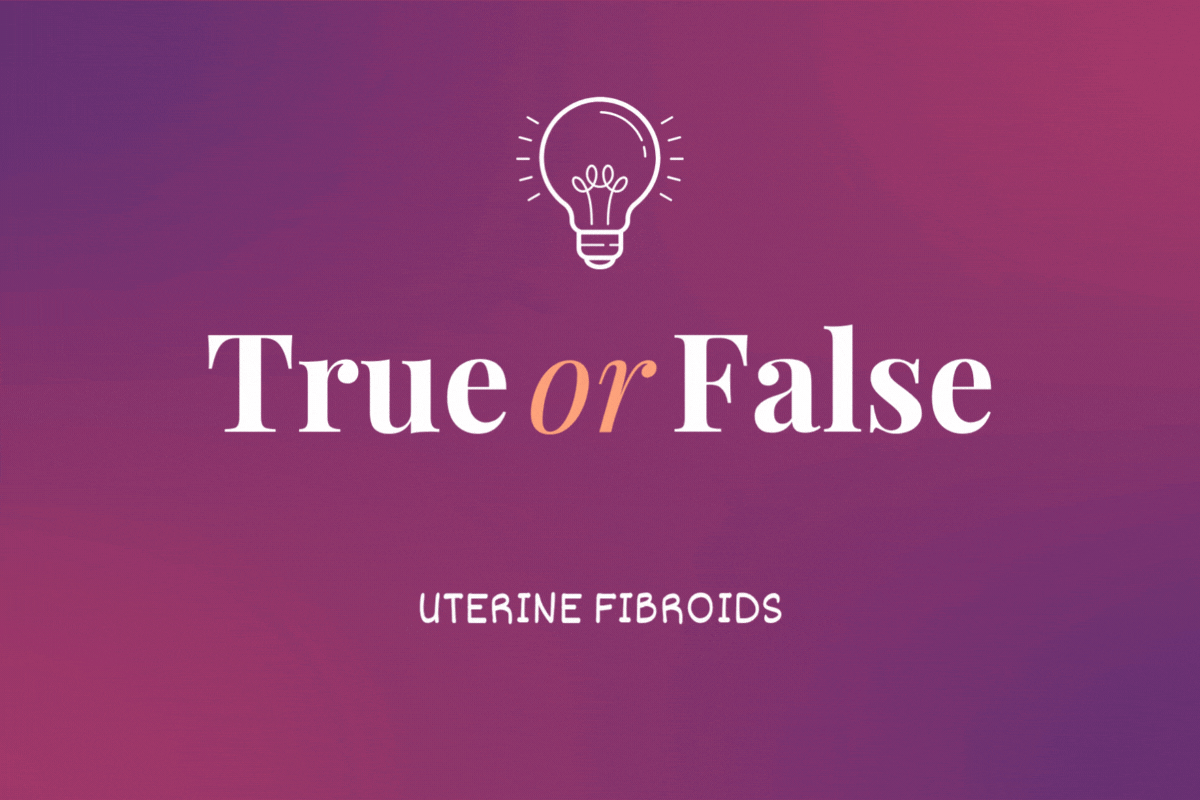Why Pre-Workout May Be Bad for Your Heart
Pre-workout powders and pills are meant to be used before exercising to boost your energy and performance. They often contain caffeine, creatine, glucose, and amino acids. The result: a highly stimulating concoction that may impact your heart, especially if you already take certain medications or have underlying conditions.
What Gives You Energy in Pre-Workout?
“Pre-workout supplements include a mix of different ingredients that each claim to improve exercise performance,” said Jessica Garay, PhD, RDN, assistant professor in the Department of Nutrition and Food Studies at Syracuse University.
“One of the most common ingredients is some form of caffeine, which is a stimulant,” she added.
It’s usually not a trivial amount. Some products contain as much as 300 milligrams of caffeine per serving (that’s the equivalent of about three cups of coffee).
How Does Pre-Workout Affect Your Heart?
Elevated heart rate
“A pre-workout supplement often leads individuals to feel more alert because of the caffeine, but for some people, this could lead to an increased heart rate even before they start exercising,” Garay said.
That’s because caffeine stimulates your central nervous system, which can cause your heart to race.
Increased blood pressure
Stimulants can also temporarily raise blood pressure, said C. Vivek Lal, MD, FAAP, a physician at the University of Alabama at Birmingham and founder and CEO of Resbiotic. As a result, pre-workout can be risky for people with hypertension or other cardiovascular conditions.
Heart palpitations
Some people experience heart palpitations and chest pain after taking pre-workout. However, research shows these cases typically only occur when other factors are at play.
The adverse effects found in the analyzed studies include a small amount of evidence from case studies, where the patients already had factors that may aggravate cardiovascular complications, such as sensitivity to caffeine, a sedentary lifestyle, a family history of cardiac complications, and a history of smoking and/or alcoholism.
Caffeine sensitivity reactions
Not everyone processes caffeine the same way. “We now know there is a genetic component to how fast or slow we metabolize caffeine,” said Garay. This means that even low doses may trigger strong reactions in some people.
Should You Take Pre-Workout?
Though it isn’t inherently dangerous, pre-workout is not safe for everyone. Certain people should check with their doctor before trying it, or avoid it altogether:
- Those taking prescription medications: Caffeine interacts with a number of prescription medications, so people who take blood thinners, blood pressure medication, or other stimulants should proceed with caution, Garay said.
- People with heart or blood pressure issues: Be cautious with pre-workout supplements, especially those that contain high levels of caffeine or other stimulants. The stimulant effects can pose potential risks, including arrhythmias, chest discomfort, or elevated cardiovascular strain.
- Caffeine-sensitive individuals: Some people can drink multiple espressos a day and not feel cardiac effects. In contrast, others can have a single cup of coffee and feel their heart racing, said Garay. A pre-workout may do more harm than good if you’re in the latter group.
- Athletes subject to drug testing: Pre-workout supplements aren’t always tested for banned substances, said Garay. To avoid contamination risks, athletes should check for NSF Certified for Sport or Informed Choice labels.
Other Safety Considerations
“In general, the entire category of pre-workout supplements is among the least likely to have third-party testing from a reputable company,” said Garay.
Without third-party testing, there’s no guarantee that the label reflects what’s inside. Relying on pre-workout for every gym session may build tolerance or lead to dependency on high doses of caffeine to feel energized.
Instead of reaching for a pre-workout, Garay often recommends a simpler option: coffee or tea for caffeine. “I am often hesitant to recommend a pre-workout to my clients because of the risk of contamination, depending on the brand.”
What This Means For You
You don’t need a pre-workout; sometimes, it could actually work against your health goals. If you’ve ever felt your heart race after taking one or are on medications that affect your cardiovascular system, it’s time to rethink your routine.
Source link
Share this article:

:max_bytes(150000):strip_icc()/KFheadshot-9fe00fcb29c24a589a05cb7dea9ca150.jpeg)










